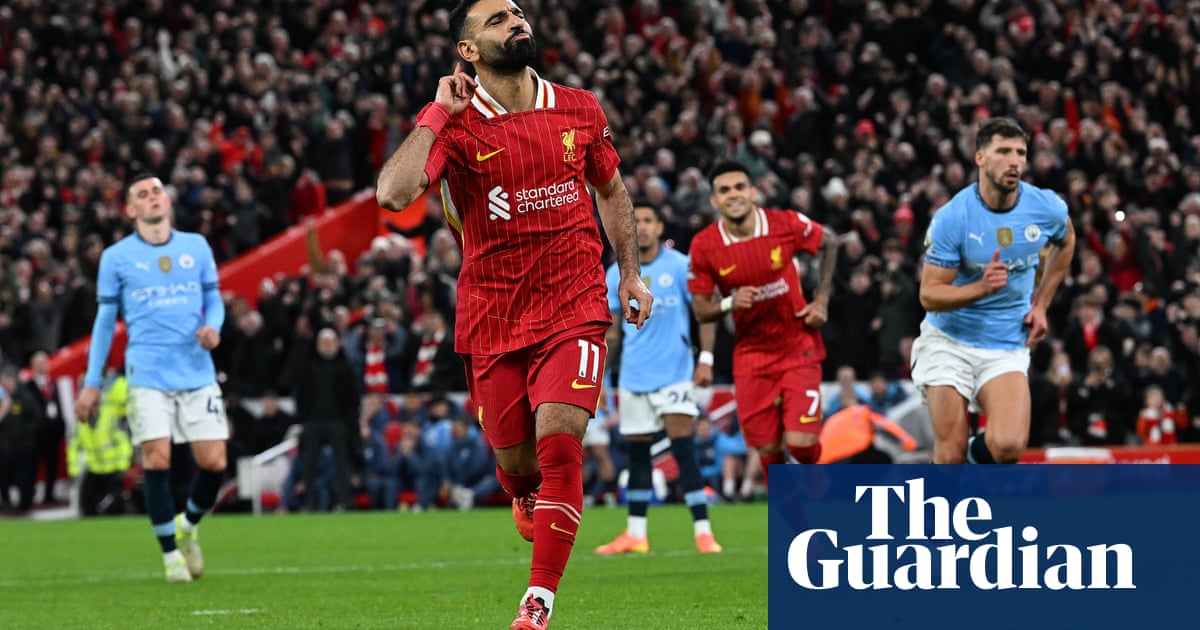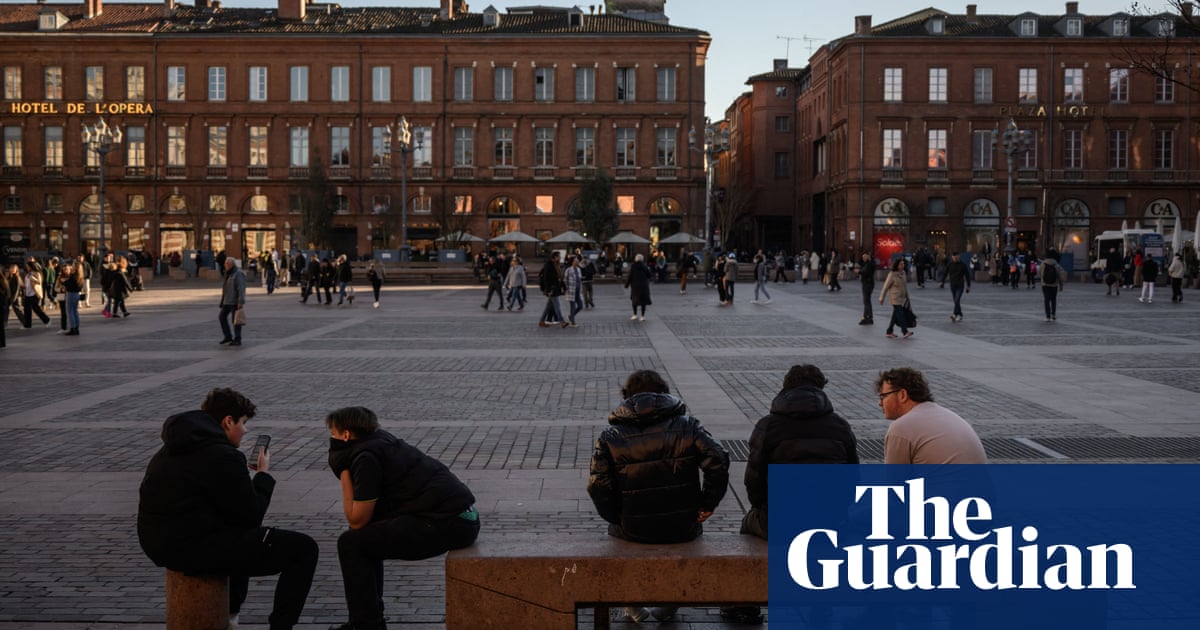The number of independent breweries in Britain declined at its fastest rate in 2024, figures from the “indie beer” trade body suggest.
The UK had 1,715 breweries at the end of 2024, 100 fewer than at the start of the year, according to the data released by Siba, which represents independent brewing companies. The overall fall the previous year was just eight.
While Siba’s UK brewery tracker is only in its third year, the data it uses is comparable to figures from the real ale group Camra, because they both count only companies that are actually producing beer.
Although the rate of closures slowed during the year, the drop recorded in 2024 is larger than any single-year decline recorded by either Siba or Camra.
Other than in the first year of the Covid-19 pandemic, the number of small breweries had grown significantly since 2002, when Gordon Brown, as chancellor, introduced tax breaks for small brewers, leading to a “craft beer revolution”.
But recently, the sector has been buffeted by a maelstrom of adverse factors, including aggressive competition tactics from big brewers, rising costs and consumers tightening their belts.
Margins in the sector have been eroded by wage and ingredient inflation in recent years, while many smaller players are still paying off loans taken to tide them through the Covid-19 pandemic.
The cost of living crisis has also made it harder for drinkers to afford craft beers, which are often more expensive because their hops and malts are often higher quality or imported.
A recent rise in alcohol duty, approved by Rishi Sunak’s Conservative government, increases duties on higher-strength brews, which are often favoured by fans of independent producers.
Large brewing companies have also responded to the rise of smaller competitors by buying them out and then labelling them as “craft”.
These can then be marketed through pub groups that are often owned by the brewers themselves, squeezing smaller competitors off the bar.
Andy Slee, the chief executive of Siba, said demand for indie beer was still high but that small brewers were finding it hard to sell to local pubs.
“Given the demand for independent beer isn’t being met locally, you have to wonder whether more local beer in community pubs would help pub closure rates as well,” he said.
after newsletter promotion
High-profile examples of “craft” buyouts include Beavertown and Brixton, both bought out by Heineken, and Camden, whose £85m sale to Budweiser maker AB InBev in 2015 kicked off the buyout boom.
This trend led Siba and its members to ditch the “misleading” craft beer tag last year, adopting “indie beer” instead.
Breweries to close during 2024 include Wild Card, Top Rope, Little Monster, Cronx, Inner Bay, Gritchie and White Horse.
Other much-loved breweries have been bought out of administration in recent years and, in some cases, consolidated within a larger group.
Brew by Numbers and Brick, from London, alongside Purity in the West Midlands and Black Sheep in North Yorkshire have all been snapped up by the private equity firm Breal Group.
Breal has since renamed its beer operation Keystone Brewing Group and snapped up North Brewing Co from Leeds earlier this year, after the company was rescued from administration in January 2024.
Article by:Source: Rob Davies














